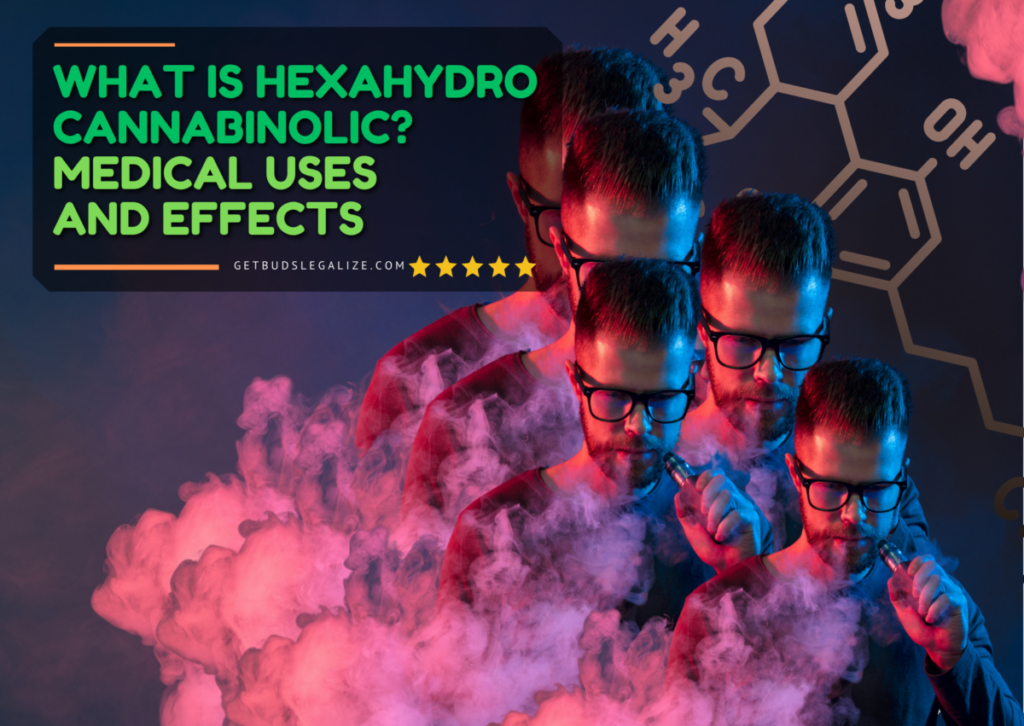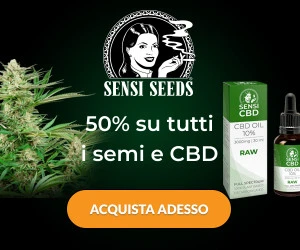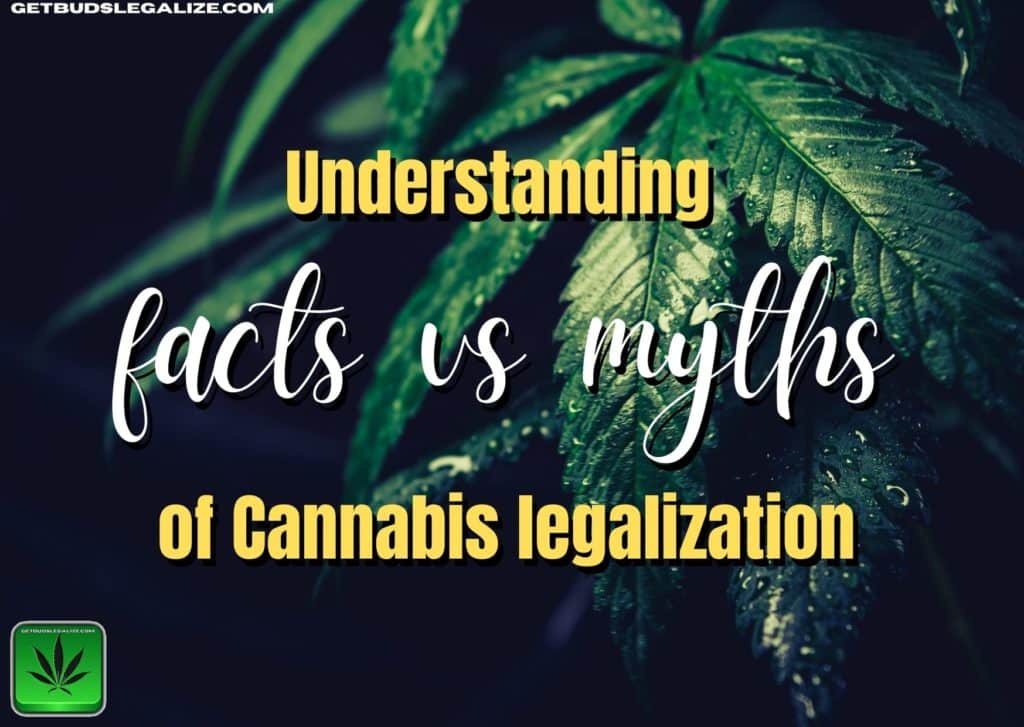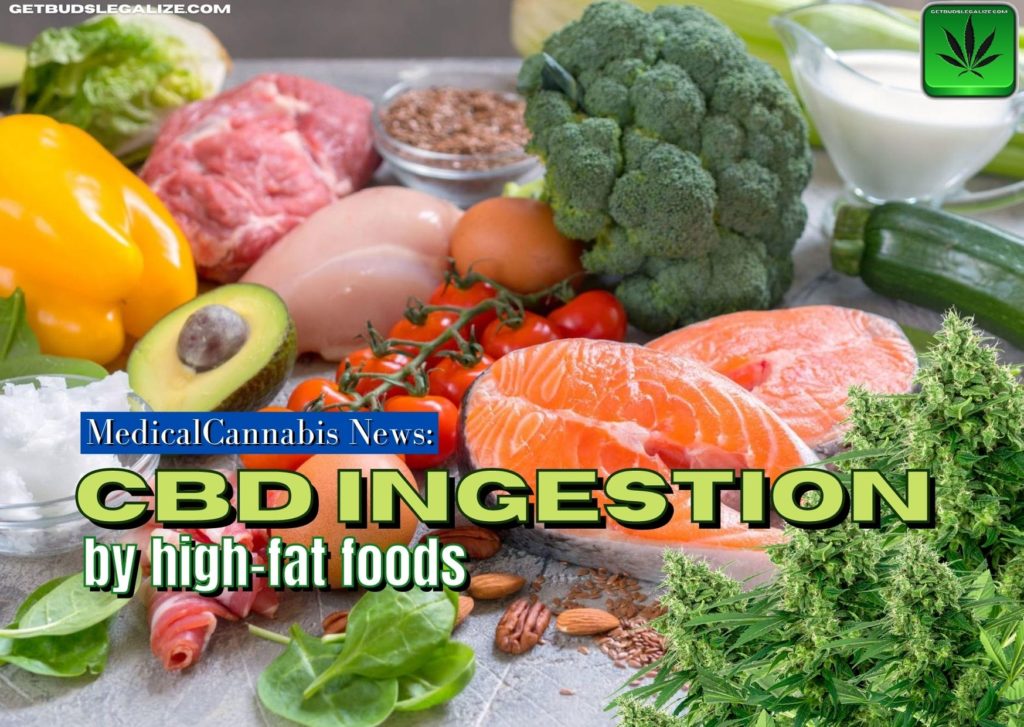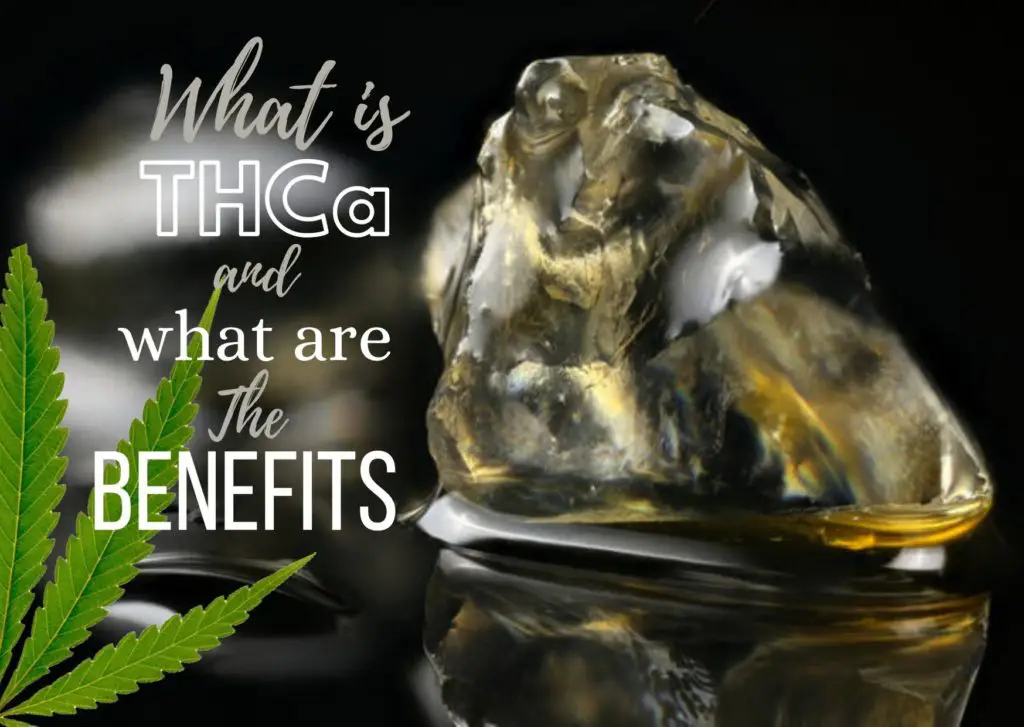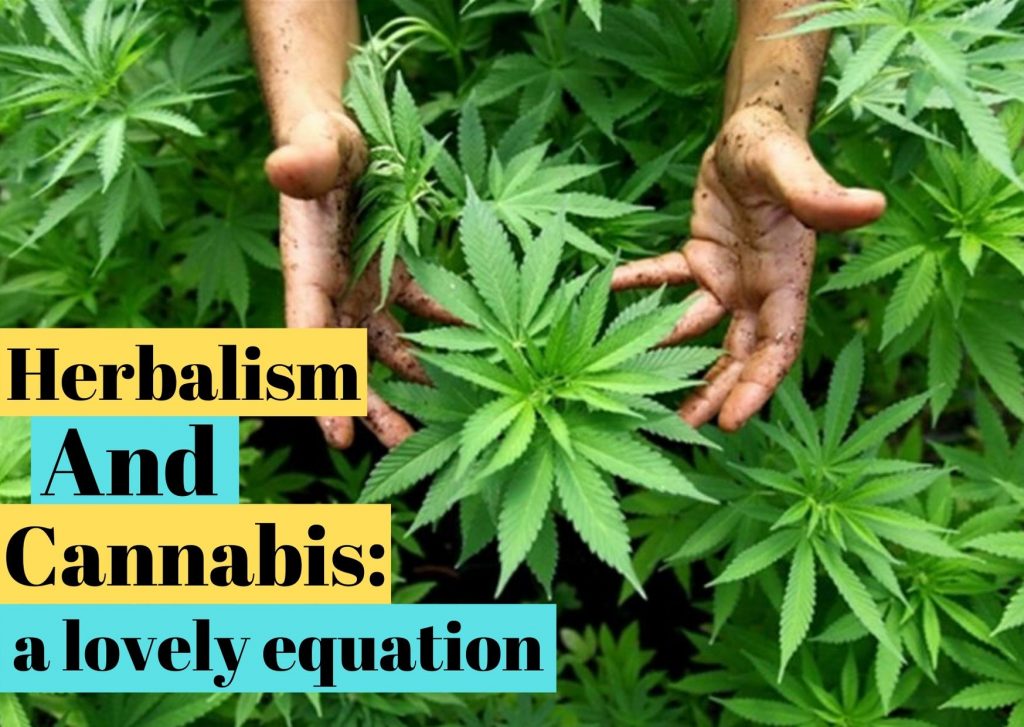What Is Hexahydrocannabinolic Acid (HHC)?
Hexahydrocannabinol (HHC) is a new product that claims to offer a different experience than cannabis. HHC is a minor cannabinoid found in very low levels in cannabis plants, mainly in pollen and seeds. Unlike the major cannabinoids THC and CBD, which account for the majority of the plant’s composition, HHC is only present in trace amounts of less than 1%. Therefore, it has not been well studied and its effects and safety are largely unknown.
HHC is similar to THC and CBD in that it interacts with the endocannabinoid system, which regulates various functions in the body. However, HHC has a different chemical structure than THC and CBD, which may result in different pharmacological properties. Some sources claim that HHC can produce a stronger and longer-lasting high than THC, while others suggest that HHC can have anti-inflammatory and analgesic effects like CBD. However, these claims are not supported by scientific evidence and should be taken with caution.
Is HHC Natural or Synthetic?
HHC is a phytocannabinoid that occurs naturally in cannabis plants but is very rare. You will probably never find products that contain it naturally.
Most often, HHC is produced in a laboratory from other cannabinoids. The most common way to do this is by using hydrogenation. Hydrogenation is a chemical reaction that adds hydrogen atoms to molecules with the help of a catalyst. By hydrogenating Delta-9-THC, which is abundant in cannabis, HHC can be obtained.
HHC is not fully synthetic, as it comes from a natural source. It is also called “semi-synthetic” or “semi-synthesized”. Some products that contain synthetic HHC may claim that it is “derived from hemp” or “made from natural hemp”.
HHC’s Chemical Similarities to THC
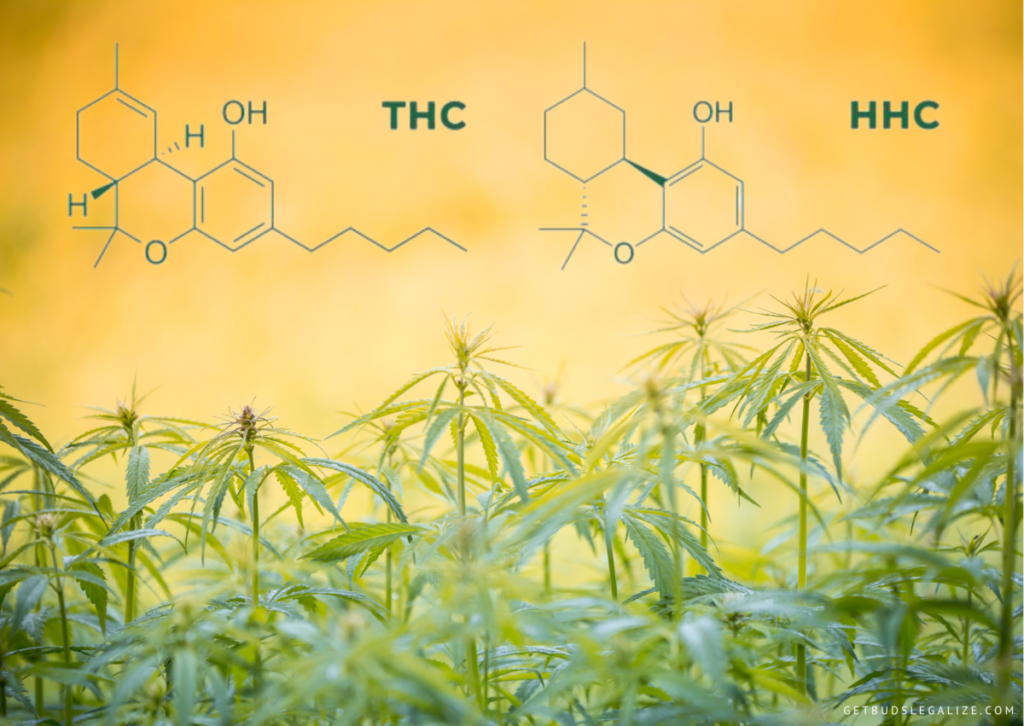
HHC is a cannabinoid derived from tetrahydrocannabinol (THC) by hydrogenation. It is a rare natural component of Cannabis sativa, but can also be synthesized artificially by adding hydrogen atoms to cannabis extracts. HHC was first produced by Roger Adams in 1947 using natural THC extracted from cannabis plants.
HHC has the same molecular formula as THC, which is C21H32O2. This means that both compounds have 21 carbon atoms, 32 hydrogen atoms, and two oxygen atoms in their molecules. However, they differ in their molecular structure. THC has a double bond between two carbon atoms in the cyclohexyl ring, while HHC has a single bond there. This makes HHC more saturated and less reactive than THC.
HHC resembles THC in its physical appearance. It is a yellow resin-like substance that is solid and sticky at room temperature. It also has THC-like effects when it binds to the CB1 receptor in the brain and nervous system. However, HHC has a weaker affinity for the CB1 receptor than THC, meaning it may not be as potent or intoxicating as THC. HHC is one of many cannabinoids that humans have unknowingly consumed for centuries when using cannabis products.
How Do the HHC Effects Compare to THC?
HHC has been reported to have similar psychoactive effects to THC, such as euphoria, impaired perception, pain relief, appetite stimulation, and increased heart rate.
However, the intensity and duration of these effects can vary depending on the dose, purity, individual factors, and the presence of other cannabinoids. HHC is believed to act on CB1 receptors in the brain, like THC, but with lower affinity. This means that it may not be as potent or intoxicating as THC.
HHC may also have some potential health benefits, such as anti-cancer properties. Some studies have suggested that HHC might inhibit the growth of cancer cells and induce apoptosis (cell death) in some types of cancer. However, these results are preliminary and do not imply that HHC alone can cure cancer. More research is needed to confirm the safety and efficacy of HHC as a medical treatment.
Difference between Hexahydrocannabinol vs Delta 8
HHC and Delta 8 are both analogs of THC that have been modified by chemical processes. They both have lower potency and milder effects than THC, but they may differ in their affinity and activity at the cannabinoid receptors in the brain and body. More research is needed to compare and contrast the effects of HHC and Delta 8.
Is HHC Safe to Consume?

HHC is a relatively new and unregulated cannabinoid that has not been extensively studied or tested for human consumption. Therefore, there may be unknown risks and side effects associated with its use. Some possible dangers of using HHC or other synthetic cannabinoids include:
- Contamination or adulteration of the product with harmful substances
- Lack of quality control or standardization of the product
- Interactions or contraindications with other drugs or substances
- Allergic reactions or hypersensitivity to the product
- Overdose or poisoning of the product
- Addiction or addiction to the product
- Legal consequences or penalties for possession or use of the product
Therefore, it is advisable to exercise caution and discretion when using HHC or any other cannabinoid product that is not FDA-approved or prescribed by a physician.
Does HHC Show Up on a Drug Test?
HHC is a THC analog that some people use to get high without failing a drug test. However, this claim is not currently supported by scientific evidence. According to some experts, HHC may produce similar metabolites as THC that can be detected by some drug tests.
Moreover, HHC products may contain traces of THC that can accumulate in the body and trigger a positive result. Therefore, it is risky to assume that HHC does not show up on a drug test for marijuana. Do not gamble with your job or career based on unreliable anecdotes.
Why is HHC Popular?
One possible explanation is that different cannabinoids affect people differently, depending on their individual endocannabinoid systems. While CBD and THC are the most common cannabinoids, they may not work well for everyone. Some people may prefer HHC or other rare cannabinoids which offer a different experience and benefits.
Another factor contributing to the popularity of HHC products is their legal status. Unlike THC, which is still prohibited in most places, HHC is not widely regulated or controlled. This makes it easier for manufacturers and sellers to market HHC products without facing legal issues or restrictions.
Can You Buy Hexahydrocannabinol?
HHC products, such as vape pens, edibles, and “herbal blends,” are widely available in many countries where cannabis is illegal or restricted. However, the safety and quality of these products are questionable, as they are produced and sold by unregulated and unlicensed manufacturers.
Creating a compound like HHC is a complex and delicate process that requires high levels of skill, care, and scientific rigor. Many HHC products do not disclose their ingredients and components, which can pose serious health risks to consumers. Furthermore, there is a possibility that harmful residues remain in the final product after improper chemical synthesis.
The emergence of potentially dangerous legal drugs, in which various synthetic cannabinoids and unknown chemicals are mixed and marketed without supervision, is a direct result of the prohibition of cannabis. In places where cannabis is illegal or heavily regulated, there is a high demand for alternative products that can mimic its effects.
Continued Research on HHC Is Needed
The effects of HHC in humans are not well studied, but some anecdotal reports suggest that it may have psychoactive properties similar to THC. However, more scientific research is needed to confirm its potential benefits and risks for medical or recreational use. HHC is legal in some countries where plant cannabinoids are banned, but the quality and safety of HHC products such as vapes and edibles are questionable.
FAQs
HHC has similar effects to THC but with a weaker affinity to the CB1 receptor. HHC may have some therapeutic benefits, but there is not enough evidence to support its safety and efficacy. HHC is not approved by the FDA for any medical use.
The timing and effects of HHC may vary depending on dose, method of consumption, individual tolerance, and other factors. However, some users report feeling relaxed, euphoric, focused, and clear-headed after vaping or ingesting HHC. The onset of effects may take anywhere from 10 minutes to an hour, depending on the product and the user.
The effects of HHC can vary depending on the dose, the method of administration, and the individual’s metabolism. However, in general, the effects can last from 2 to 6 hours after ingestion, inhalation, or injection. The effects may be longer or shorter depending on the potency and purity of the substance, as well as the user’s tolerance and medical history.
HHC and delta-9 are both cannabinoids that can be derived from hemp or cannabis plants. However, they have different chemical structures and effects on the human body. HHC is a synthetic cannabinoid that is created by hydrogenating THC, the main psychoactive compound in cannabis.
Hexahydrocannabinol effects are said to have a faster onset and a shorter duration of action than delta-9, as well as less anxiety and paranoia. HHC is also legal in most states, while delta-9 is still federally illegal and regulated by state laws.
HHC and delta-8 are both psychoactive substances derived from hemp, a variety of cannabis plants. However, HHC is not a THC compound, but a product of the hydrogenation of THC.
According to some sources, HHC may have less potent and psychoactive effects than delta-8 or delta-9 THC. However, the safety and legality of HHC are still unclear and consumers should be cautious when using these products.
HHC is considered to be less potent than THC, meaning that it requires a higher dose to achieve the same effect. The exact hexahydrocannabinol potency depends on several factors, such as the method of consumption, the quality and purity of the product, and the individual’s tolerance and metabolism. Some sources estimate that HHC is about 50% to 80% as potent as THC.
The HHC legal status varies depending on the country, state, or region where it is sold or consumed. In some places, HHC may be legal under certain conditions, such as being derived from hemp plants that contain less than 0.3% THC. In other places, HHC may be illegal or regulated as a controlled substance, similar to THC or other cannabinoids. It is advisable to check the local laws before buying or using HHC products.
Buying HHC online is very dangerous, as there is no guarantee of the quality, purity, or safety of the product.
There is also a high risk of encountering fraudulent or malicious sellers who may scam you or send you harmful substances instead of HHC. Therefore, it is strongly advised not to buy HHC online or from any other source.

